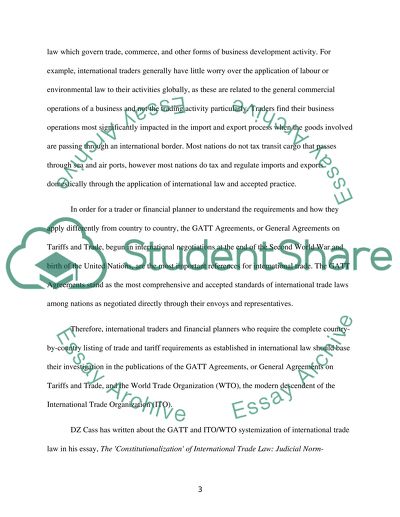Cite this document
(“International aspects of business law Coursework”, n.d.)
Retrieved from https://studentshare.org/finance-accounting/1408053-international-aspects-of-business-law
Retrieved from https://studentshare.org/finance-accounting/1408053-international-aspects-of-business-law
(International Aspects of Business Law Coursework)
https://studentshare.org/finance-accounting/1408053-international-aspects-of-business-law.
https://studentshare.org/finance-accounting/1408053-international-aspects-of-business-law.
“International Aspects of Business Law Coursework”, n.d. https://studentshare.org/finance-accounting/1408053-international-aspects-of-business-law.


